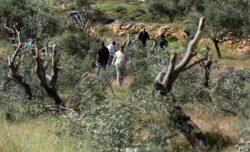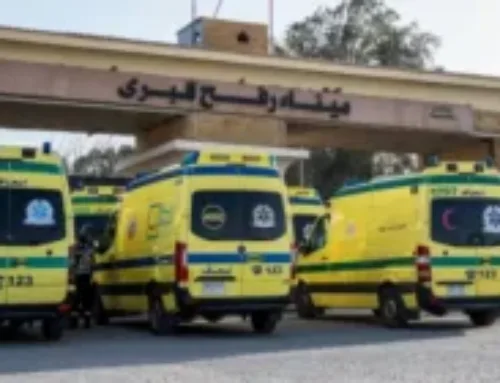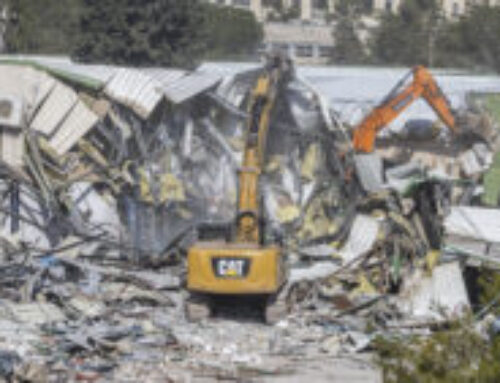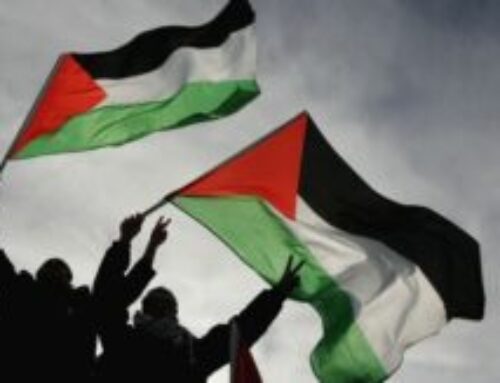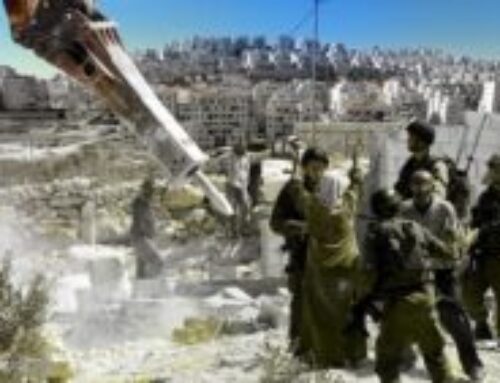In Palestine, the olive harvest is not gathered merely from among the branches, but from amid bullets and blood. When the Palestinian farmer prepares to reap the fruits of a year’s patience and toil, the machinery of oppression descends upon him in all its forms—settlers attack, and the army of the usurping entity shields the aggressors.
Between the olive trees—whose branches have long symbolized peace—and the bullets fired by the occupier’s hand, the story of the land is written anew, a story that only blood can cross.
Over the past week, towns and villages across the West Bank have awakened to a series of simultaneous assaults carried out by settler gangs under the protection of the army of the usurping entity. The attacks targeted Palestinian farmers in the peak of the olive harvest season. Scenes that repeat each year, but this season they appeared harsher and more widespread, as if the usurping entity had declared open war on the tree that never dies.
Around the town of Turmus Ayya, north of Ramallah, groups of settlers attacked farmers at work, injuring one Palestinian in the head and threatening to burn the trees should they return. In the town of Mikhmas, north of Al-Quds, armed settlers intercepted farmers and prevented them from harvesting their olives, while residents documented verbal and physical assaults carried out before the eyes of occupation soldiers who merely stood by.
In Kober, north of Ramallah, forces of the usurping entity suppressed a solidarity event for the olive harvest, firing live bullets and tear gas at residents and journalists. Several people suffered suffocation and minor injuries, and farmers were forced to abandon their lands under threat.
In Nablus, settler gangs continued to prevent farmers from accessing their lands in the Fanjal area east of the city, while occupation soldiers opened fire toward farmers working in Beit Liqya, southwest of Ramallah. Across the landscape, the siege advanced steadily: entrances to Huwwara, Beita, and Odala were sealed with iron gates and earthen mounds—an effort to choke the villages and isolate them from their surroundings.
The incursions extended to Jenin, Beit Qad, Beit Sira, and Anata, where a large-scale arrest campaign was carried out, detaining several young men, including the liberated detainee and deportee to Egypt, Mahmoud Mousa Issa. The Qalandiya refugee camp, north of Al-Quds, also witnessed heavy firing of stun grenades during a wide-scale raid.
All these violations coincide with the olive harvest season—now a symbol of steadfast resistance. The olive tree, which has graced Palestinian soil for thousands of years, today stands against rifles and flames. The farmer who once waited for the ripening of his fruit now awaits yet another raid, another tear gas canister.
At the end of this long day of fear, the Palestinian farmer stands before his plundered land, touching the trunk of the ancient tree as one touches an open wound, seeing in every fruitful branch a promise of return and endurance. For no matter how fierce the settlers’ assaults or how tight the siege becomes, the olive tree in Palestine will remain a witness to one eternal truth: the land belongs to its people, and roots do not die—even when surrounded by iron and fire.

